ERP Software Buyer’s Guide for SMEs in Saudi Arabia
ERP Software Buyer’s Guide for SMEs in Saudi Arabia
Running a business is rarely clean or predictable. You’re juggling delayed purchase orders, unexpected VAT issues, inventory shortfalls, last-minute customer requests, and yet another spreadsheet that won’t load properly. In this daily storm, the idea of switching to a structured ERP software sounds great, but also a little overwhelming.
Still, it’s become clear: spreadsheets and disconnected systems just don’t cut it anymore.
If your Saudi business is growing, or if you want it to grow, it’s time to get serious about enterprise resource planning (ERP). But the real question isn’t “should I get ERP software?” It’s: Which one is right for me?
This guide breaks it down, chaos and all.
Why ERP Software Matters, Especially for Small Businesses
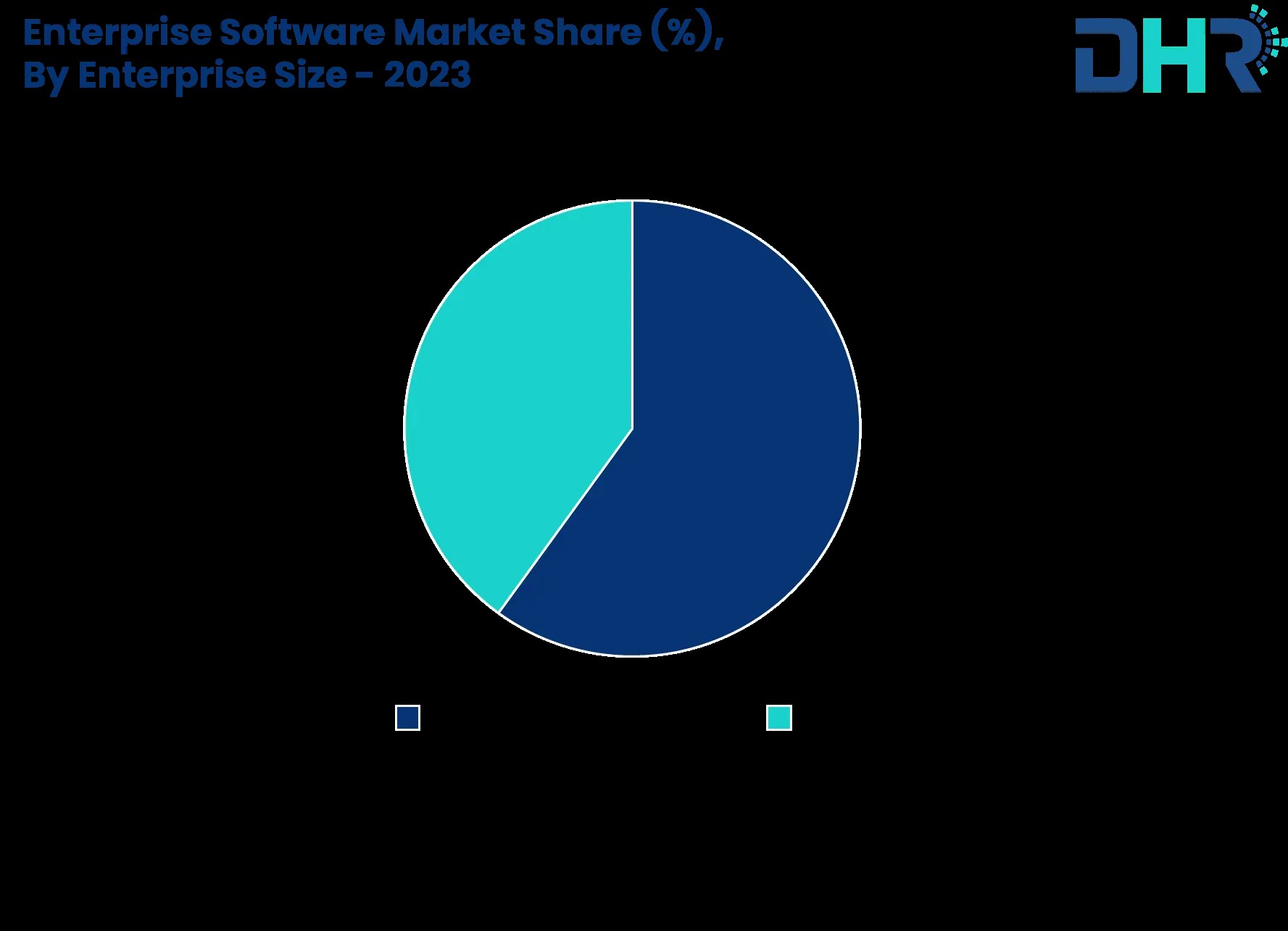
Whether you’re managing order processing in Riyadh or handling financial management for a small distribution company in Jeddah, the challenge is the same: things are moving too fast to manage manually.
The best ERP software brings all your core processes, inventory management, supply chain management, order management, financial reporting, CRM, and more, into one platform.
For small businesses in Saudi Arabia, that means:
- Less duplicate data
- Faster decisions
- Fewer surprises
- More time to focus on customers and growth
And it means running your business from your desk, or your car, using mobile devices.
Signs You’ve Outgrown Spreadsheets and Manual Processes
1. You’re copying the same data into three different places
2. Your warehouse staff and your accountant don’t see the same numbers
3. You keep losing track of inventory or purchase orders
4. You can’t generate real-time reports for the bank or investors
5. You’re hiring more admin staff just to “manage the systems”
Sound familiar? You’re not alone. These pain points are why more Saudi SMEs are turning to modern ERP platforms designed specifically for growing companies, not just large enterprises.
How to Choose the Best ERP Software: Key Considerations
1. Local Relevance and Compliance
Saudi businesses operate within a unique regulatory and cultural environment. Your ERP software must support Arabic, integrate with ZATCA e-invoicing, and follow local tax rules. Generic tools that aren’t built for the Saudi market will leave you doing double work.
2. Cloud-Based Access and Mobile Support
Your operations don’t stop at 6 p.m. You need access from anywhere, especially for field teams and remote workers. The best ERP software today is cloud-based, lightweight, and accessible on mobile devices.
3. Modular Flexibility for Growing Needs
Don’t buy what you won’t use. Look for ERP platforms that let you start with what you need (say, financial management and inventory management ) and scale up to customer relationship management (CRM), warehouse management, or even advanced project management when ready.
4. Ease of Use and Minimal Training Time
If your team needs a 6-week course to use the ERP, it’s probably not the right fit. Usability matters. The best solutions don’t require an IT department; they’re intuitive and work right out of the box.
5. Integration with Tools You Already Use
Your ERP solution should plug into what you already run: email, Excel, e-commerce platforms, and banking tools. Some vendors even offer integration with Microsoft Dynamics 365 if you’re already on that ecosystem.
Questions to Ask ERP Vendors Before You Commit
Buying ERP software is a long-term decision. Here are questions you must ask:
- Does it support Arabic and local accounting standards?
- Is this a true resource planning ERP software, or just glorified invoicing?
- Can I access it on mobile?
- How long will implementation take, and who’s doing the work?
- What’s the total cost (licensing, training, upgrades, support)?
- Will this system improve efficiency across business operations, or just one department?
If the vendor can’t answer clearly, move on.
Common Mistakes SMEs Make When Choosing ERP Software
1. Buying big-brand software meant for enterprises
Tools like Microsoft Dynamics 365 are powerful, but often bloated for SMEs, requiring deep customization and expensive consultants.
2. Trying to digitize everything at once
It’s okay to start with just a few key functions. Look for ERP vendors that offer modular setups.
3. Underestimating the implementation
Even the best ERP software fails if it’s not implemented well. Choose vendors that offer hands-on support and local onboarding
Where HostBooks Fits In
At HostBooks, we’ve worked with hundreds of growing businesses across the GCC who hit that same breaking point, when spreadsheets, paper, and ad-hoc tools became a bottleneck.
Here’s what makes HostBooks a top contender for small businesses in Saudi Arabia:
Cloud-first design: No servers, no maintenance headaches
Arabic and English support: Fully localized for the Kingdom
ZATCA-ready: Stay compliant, no manual processes
Smart modules: Finance, inventory, payroll, CRM, and more
Real-time dashboards: Clear visibility into business processes, order processing, and more
Simple onboarding: Go live in weeks, not months
In short: We built HostBooks for the chaos of real business, not some idealized model.
It’s Not Just a System, It’s a Survival Tool
ERP isn’t about looking sophisticated. It’s about improving efficiency when your team is stretched thin. It’s about avoiding mistakes that cost you time, customers, and money. And for SMEs in Saudi Arabia, it’s about being ready for what’s next.
So don’t look for the flashiest tool. Look for the best ERP software that understands your reality and grows with you.
Because in the end, ERP software isn’t about perfection. It’s about making your messy, fast-moving business just a little more manageable, every day.

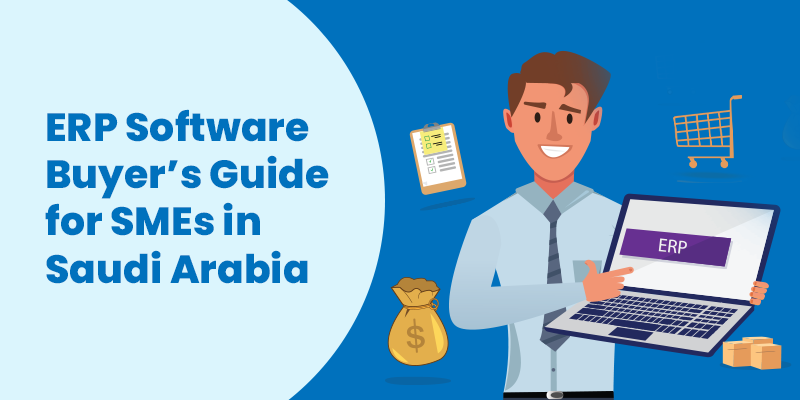
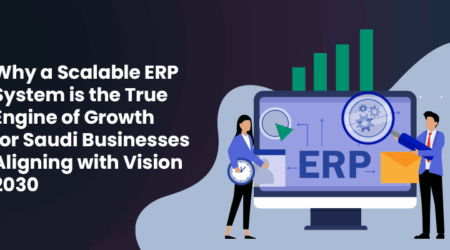


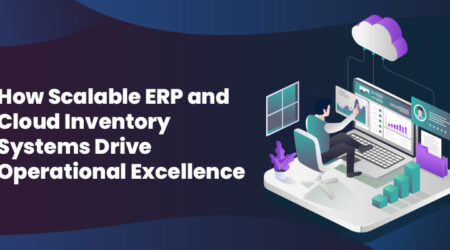
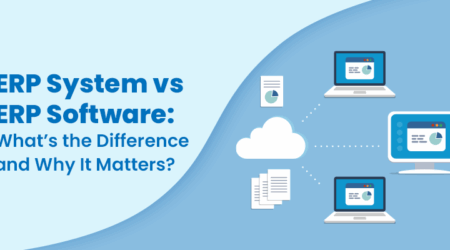
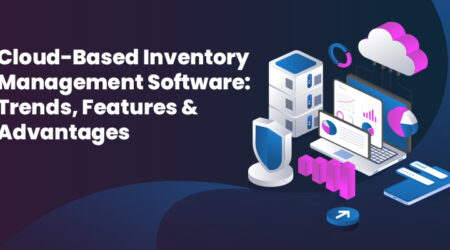
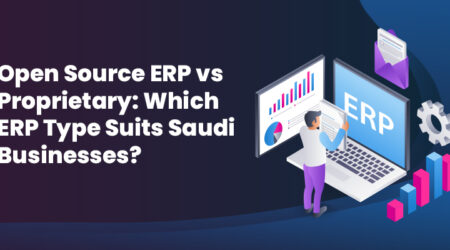
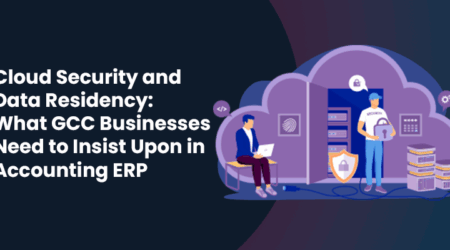
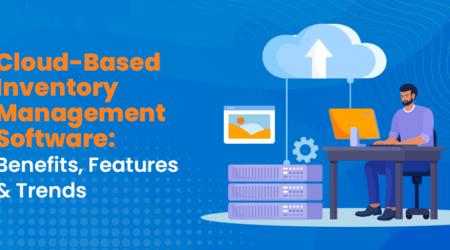
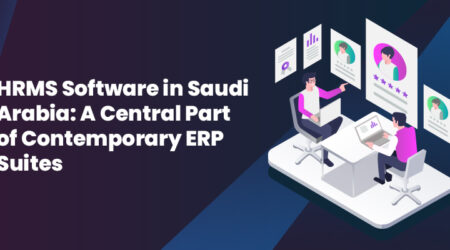
Leave a Reply